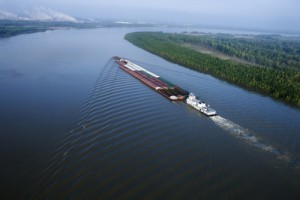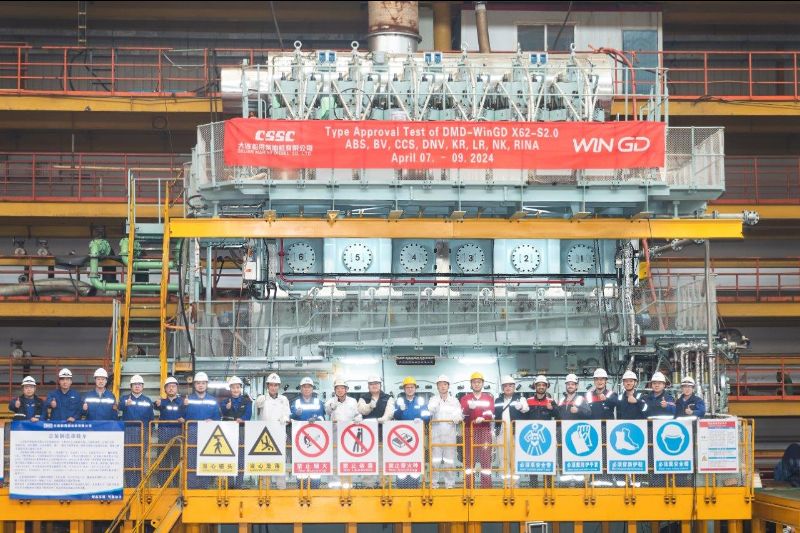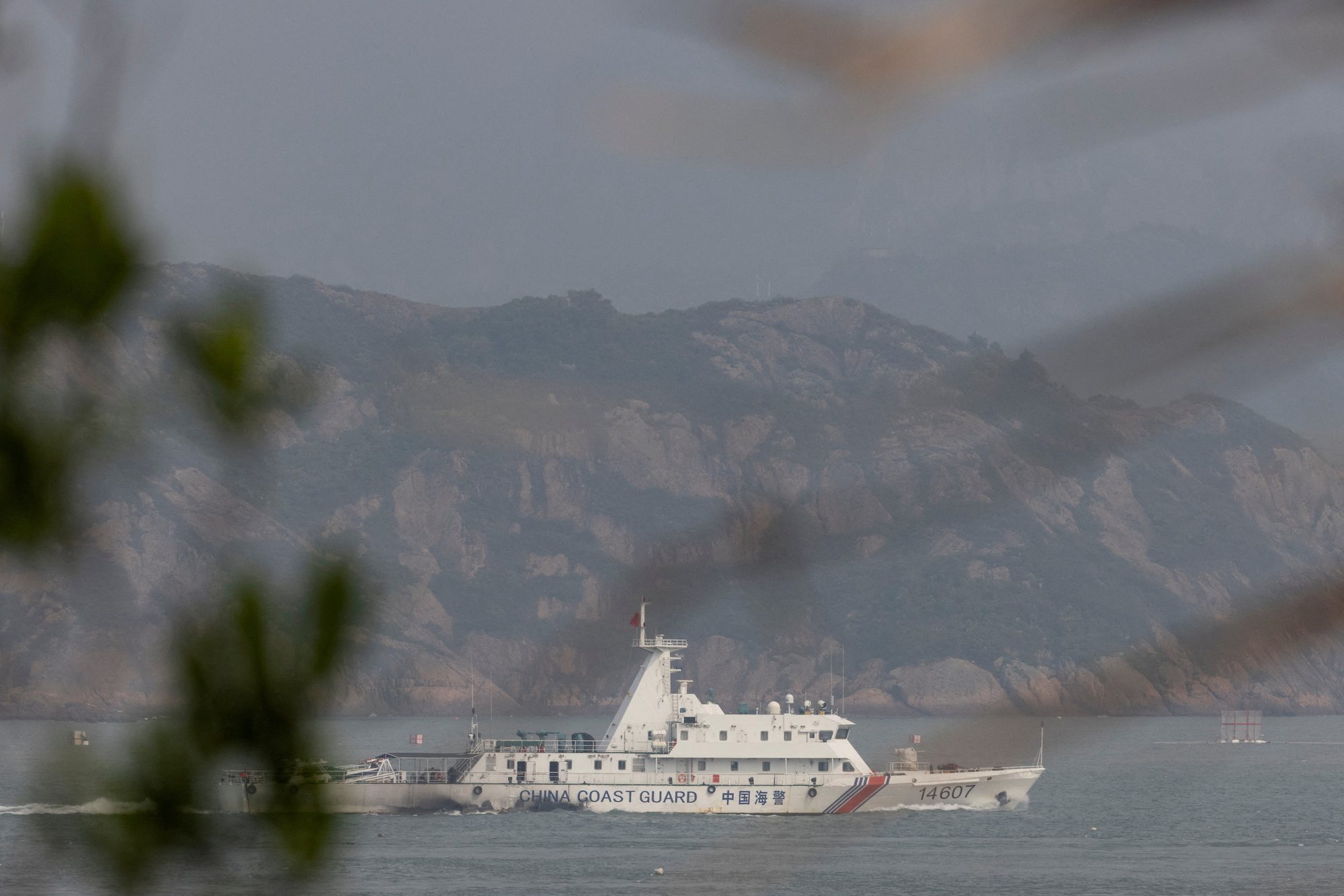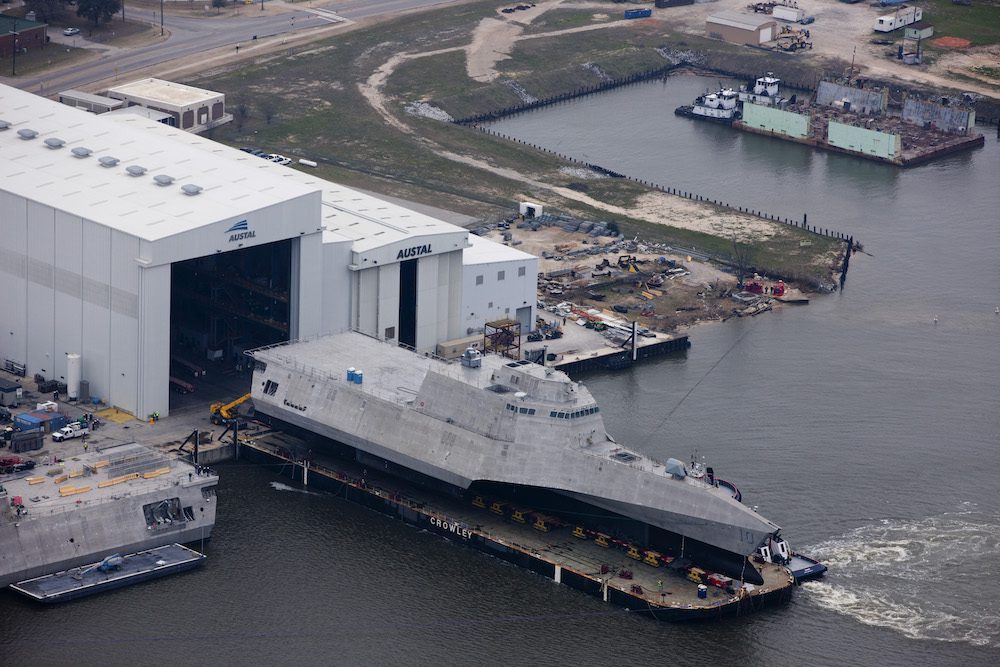(Bloomberg) — Shippers and lawmakers are pressuring President Barack Obama to declare a federal emergency along the Mississippi River, citing potential “catastrophic consequences” in the Midwest if barge traffic is curtailed by low water on the nation’s busiest waterway.
Lawmakers, including Senator Tom Harkin of Iowa, and the National Association of Manufacturers, the U.S. Chamber of Commerce and the American Petroleum Institute urged Obama to tell the U.S. Army Corps of Engineers to hasten the planned removal of submerged rocks near Cairo, Illinois, that may impede barge traffic at low water levels. The Corps also should stop its seasonal restriction on the flow of Missouri River water into the Mississippi, which it began last week, the groups said.
“We still got a lot of stuff to move down that Mississippi before winter totally sets in,” Harkin said in an interview. “They can release more water, sure they can.”
Mississippi River barge traffic is slowing as the worst drought in five decades combines with a seasonal dry period to push water levels to a near-record low, prompting shippers including Archer-Daniels-Midland Co. to seek alternatives. Computer models suggest that without more rain, navigating the Mississippi will start to be affected Dec. 11 and the river will reach a record low Dec. 22, Corps spokesman Bob Anderson, based in Vicksburg, Mississippi, said.
Export Cargo
Barges on the Mississippi handle about 60 percent of the nation’s grain exports entering the Gulf of Mexico through New Orleans, as well as 22 percent of its petroleum and 20 percent of its coal. About $7 billion worth of commodities usually travel on the Mississippi in December and January, including $2.3 billion of agricultural products and $1.8 billion of chemical goods, according to the American Waterways Operators and Waterways Council Inc.
An emergency declaration would help by directing the Corps to release more water into the Mississippi and remove rock formations south of St. Louis without following federal contracting practices that may delay action, Harkin said.
White House spokesman Jay Carney said yesterday the administration has sought drought relief for farmers and referred questions about the emergency declaration request to the Corps of Engineers.
Multipurpose Use
“We’ve been operating with the drought in mind all year,” said Michael Petersen, spokesman for the Corps in St. Louis, who said there are no plans to change procedures. The river system “is multipurpose. It’s people’s water supplies, hydropower. We’re dealing with the hand we’ve been dealt, and we’ve prepared as best we can.”
Mississippi water levels may drop to an historic low next month, in part because of the Corps of Engineers. Last week it started reducing outflows from the Missouri River, which joins the Mississippi at St. Louis, as part of an annual operating plan to ensure regions further north have adequate water. To mitigate its reduction of Missouri River flow, which started Nov. 23, the Corps started releasing water from Minnesota and Iowa from the upper Mississippi on Nov. 20.
The U.S. Coast Guard, which sets restrictions on river traffic, said it’s prepared to handle anticipated drops, by limiting traffic without halting it. “We are confident that while there may be hiccups along the river, river traffic will continue to flow despite these historic conditions,” Colin Fogarty, a spokesman, said in a telephone interview.
Congress Request
Fifteen U.S. senators, 62 members of the House of Representatives and three governors have written the Corps asking it to delay water-reducing actions and remove rocks that impede traffic. The Mississippi “is vital to commerce for agriculture and many other goods,” the lawmakers, including Senator Dick Durbin of Illinois, that chamber’s second-ranking Democrat, wrote in the request.
“Substantial curtailment of navigation will effectively sever the country’s inland waterway superhighway, imperil the shipment of critical cargo for domestic consumption and for export, threaten manufacturing industries and power generation and risk thousands of related jobs in the Midwest,” the groups said in a letter yesterday.
Iowa Governor Terry Branstad, a Republican, said policy makers must assure that freight traffic continues to move.
“We have to take a balanced approach to preserve shipping in the short term and manage the flow into next year,” Branstad, one of the three governors, said today in a telephone interview. “It’s a delicate situation.”
Moving Freight
Senator Kent Conrad, a North Dakota Democrat whose state relies on the Missouri River for irrigation, questioned whether that river’s flow needs to be increased to help more-southern regions.
“We’ve heard this every year for as long as I’ve been here,” Conrad said. “What one finds if you pierce the veil is the freight movements on the river have never reached the levels predicted.”
The Army Corps is following the instructions of Congress that directed management of the Missouri River, Petersen said. Petersen declined to speculate on what effect the emergency declaration would have on the pace of destroying rock impediments, while noting that the work would still take time to find a contractor and complete.
Thebes Pinnacles
So-called rock pinnacles in the river near Thebes and Grand Tower, Illinois, which aren’t a hazard when levels are high, make the water near Cairo, Illinois, unnavigable as shallower currents draw ships into contact with them.
The current plan is being followed “with long-term considerations in mind,” he said in a telephone interview. “We need to think about snow melt and considerations into next year. We have to manage the water for the long term.”
Meanwhile, companies are taking steps to manage short-term disruptions. Kirby Corp., a Houston-based operator of a fleet of inland tank barges, is loading less cargo on barges operating on the Illinois and Mississippi river between St. Louis and Cairo, Illinois, Joe Pyne, Kirby’s chief executive officer, said today during an investor conference call.
“Without extensive rainfall or other forms of remediation, further draft restrictions are likely and it is still possible that the area between Cairo and St. Louis could be rendered unnavigable for a portion of the winter,” he said. “We currently plan to continue to operate on affected sections of the river system, but at lower draft levels.”
The worst U.S. drought since 1956, which dried farmland from Ohio to Nebraska, will last at least through February in most areas, according to the U.S. Climate Prediction Center in College Park, Maryland.
Normal-to-below normal precipitation is forecast for most of the U.S. Plains through Dec. 7, according to the center.
-By Alan Bjerga and Jeff Plungis. Copyright 2012 Bloomberg.
Unlock Exclusive Insights Today!
Join the gCaptain Club for curated content, insider opinions, and vibrant community discussions.

 Join The Club
Join The Club













